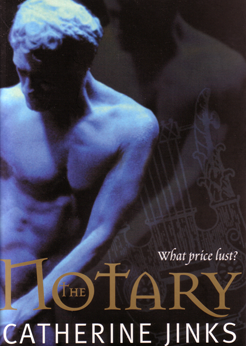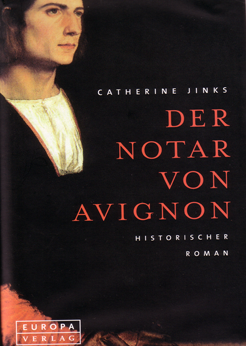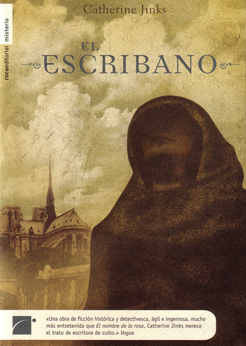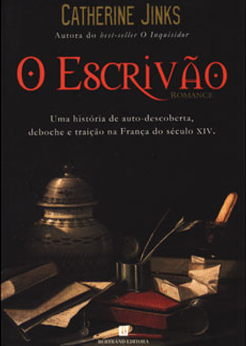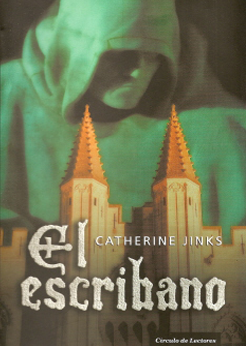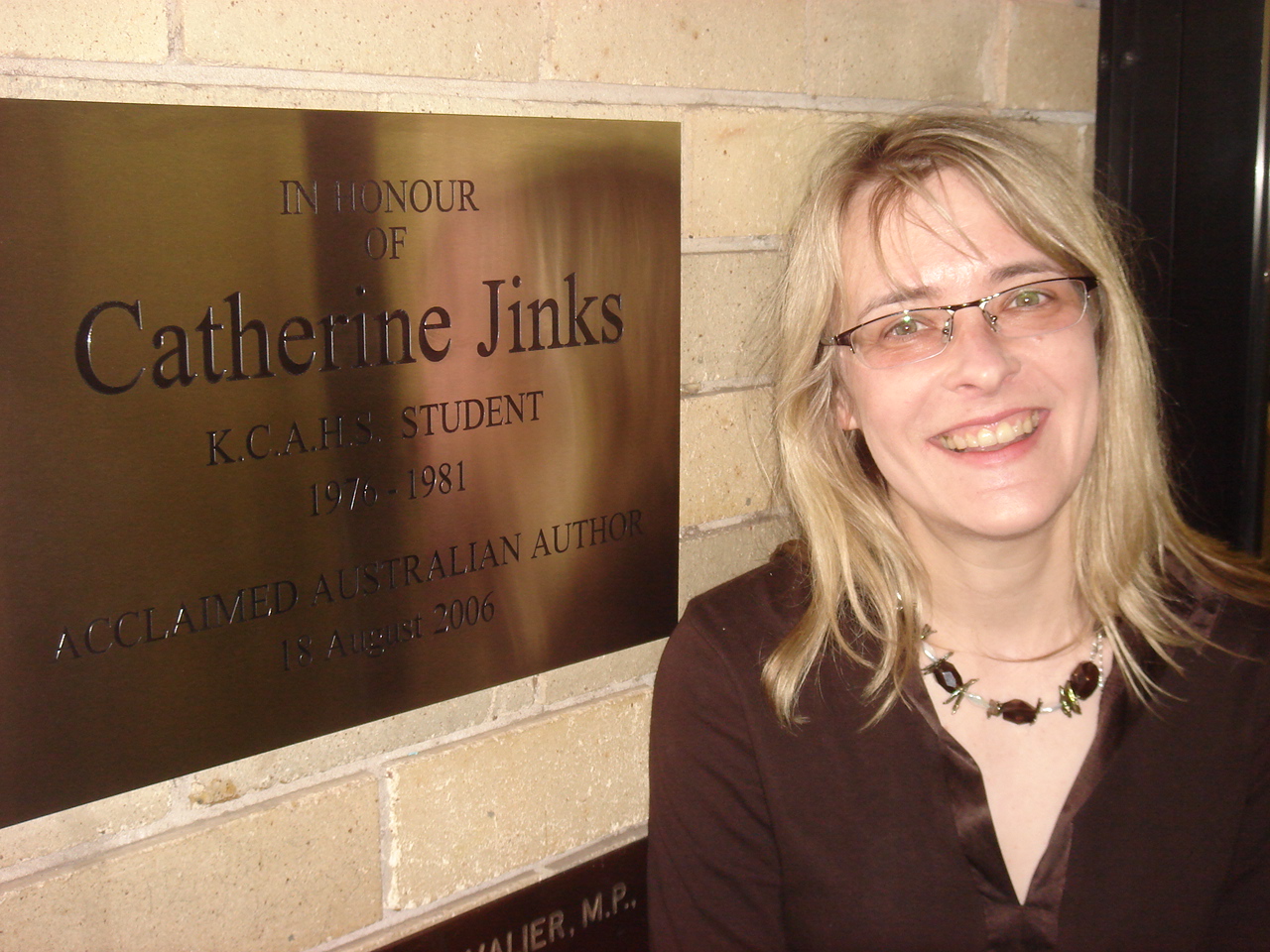Pan MacMillan, 2000 – out of
print in Australia
Available from
Amazon
In fourteenth-century Avignon, notary Raymond Maillot is hired by inquisitor Amiel de Semur to help with an investigation into a grisly murder. So begins a tale of debauchery, dismemberment and demonic visitation, which sees Raymond torn between his taste for irresponsible pleasures and his desire to find refuge in the church.
This title is still available in Germany (Rowohlt), Spain (Roca Editoria) and Portugal (Bertrand Editoria).
‘This splendidly subversive novel vividly imagines medieval ignorance, debauchery and prejudice in a world entirely in the grip of an implacable Church . . . Jinks combines bawdy Chaucerian humour with impressive religious learning and considerable knowledge of the period, all worn lightly: it’s a popular and intelligent mystery to wallow in with complete abandon.’
The Sydney Morning Herald
‘An astute eye for detail, both physical and emotional, and a wry ear for conversational nuance . . . she peoples her tale with credible characters, stirring in just enough action, mystery, mischief and intellectual argument.’
Weekend Australian
‘Ribald and witty.’
Who Weekly

